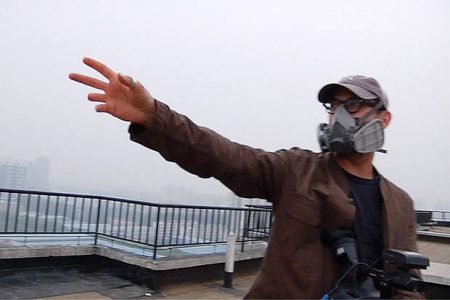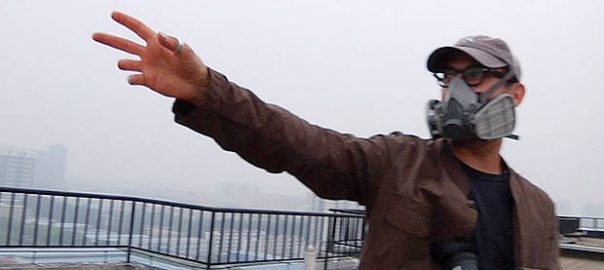“Gasland” director Josh Fox is back with “How to Let Go of the World,” a sprawling chronicle of despair — and hope

It was a full decade ago now that not-quite-president Al Gore and director Davis Guggenheim captured the world’s attention with “An Inconvenient Truth,” a film based on the premise that we still had time to prevent or limit the most devastating effects of climate change if we acted immediately. In case you haven’t noticed, we didn’t. In the United States, the fossil-fuel industry and its Republican lackeys picked away at a handful of loose scientific threads in the film, depicting it as some partisan, puritanical attack on capitalism, consumerism and prosperity. On a global scale, leaders of the major Western nations and the booming economies of Asia could only reach vague and general agreement on targets for reducing carbon emissions, which weren’t binding on anyone and would do little or nothing to slow planetary warming or control climate chaos.
So now we get Josh Fox, the activist-filmmaker behind the grassroots documentary “Gasland” — one of the least likely Oscar nominees of recent memory — making a sprawling, ambitious HBO documentary with exactly the opposite premise. Fox’s “How to Let Go of the World and Love All the Things Climate Can’t Change” is an unwieldy movie with an unwieldy title, but once you get past the slightly forced naiveté of his framing device, it’s a fascinating, heartbreaking and ultimately inspiring ride. He begins by accumulating evidence that it’s effectively too late to stop a major warming of the earth’s air and water, with enormous effects on our coastlines, our climate, our relationship to the ecosystem and all of human civilization. One environmental activist tells Fox in the film that he has had to carve out a place in his heart and mind for despair, and carry it with him, while still doing his work aimed at creating some semblance of a better future. In placid times such a weight can be a burden, he says; in turbulent times, it’s an anchor.
It might sound cruel or Malthusian or post-apocalyptic to suggest that the enormous disruption we are beginning to experience is both a crisis and an important opportunity. But there’s no point lying to ourselves, or shutting our eyes: There’s no way we can save all the species that are likely to be extinguished, all the wetlands that will be inundated or all the farmland that will be baked out of existence. We might not be able to save Miami or Kolkata or Shanghai. But in a filmmaking mode that combines YouTube channel, guerrilla newsman and a younger, less prankish and more athletic Michael Moore, Fox suggests that such devastation won’t wipe out the best and strongest aspects of human community, and that those remain our best tools going into a profoundly uncertain future.
Read more: Salon
